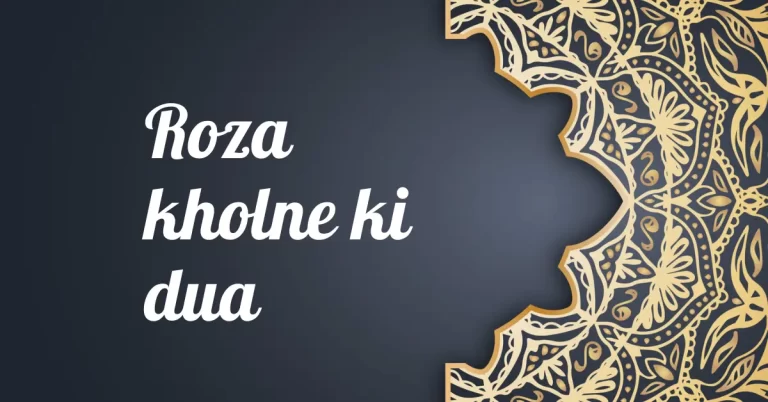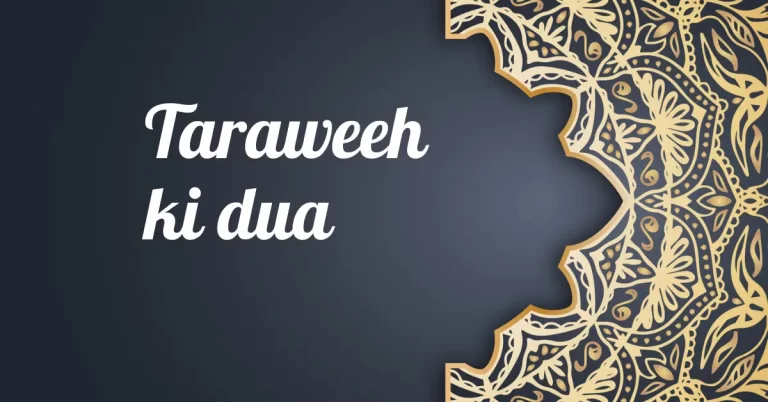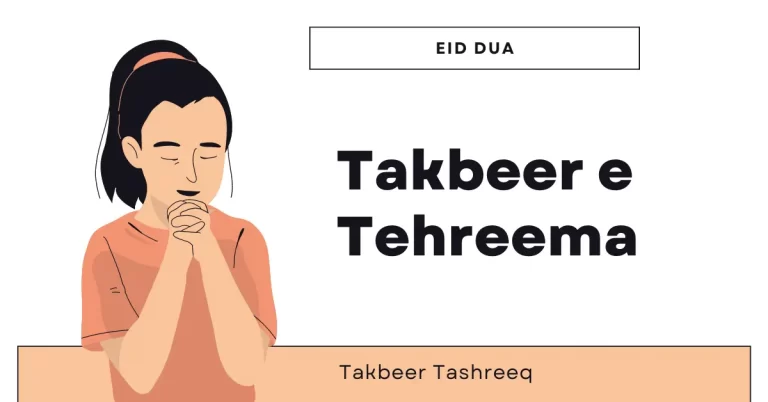The Blessings of the Third Ashra dua
Ramadan, the month of fasting and spiritual reflection, is divided into three parts known as ashra. The third ashra holds a special significance as it encompasses the last 10 days of Ramadan, which are considered the most blessed and spiritually elevated. In this blog post, we will delve into the blessings of the third ashra and explore the dua (supplication) that is recommended during this period. Let us embark on this spiritual journey and discover the profound blessings and opportunities for spiritual growth during the last 10 days of Ramadan.

Understanding the Significance of the Third Ashra
The third ashra of Ramadan is marked by intensified devotion, seeking forgiveness, and striving for salvation. It is during these last 10 days that the Night of Power (Laylat al-Qadr) is believed to occur, a night that is better than a thousand months. Muslims engage in heightened acts of worship, including additional prayers, recitation of the Quran, and supplications, as they strive to maximize the blessings and rewards of this auspicious period.
The Dua for the Third Ashra
The recommended dua for the third ashra is: “Allahumma innaka afuwwun tuhibbul afwa fa’fu anni” Translation: “O Allah, You are the Most Forgiving, and You love forgiveness, so forgive me.”
This powerful supplication encapsulates the essence of seeking forgiveness, mercy, and pardon from Allah during the last 10 days of Ramadan. By reciting this dua with sincerity and humility, we acknowledge our imperfections, seek Allah’s forgiveness for our shortcomings, and express our desire for His mercy and blessings.
The Benefits of the Third Ashra Dua:
- Seeking Forgiveness: The dua for the third ashra focuses on seeking forgiveness from Allah, recognizing our flaws, and seeking His pardon. It is a reminder of our reliance on Allah’s mercy and our constant need for His forgiveness.
- Cultivating Humility and Gratitude: Reciting this dua fosters a sense of humility and gratitude within us. It humbles us before Allah, acknowledging our weaknesses, and expresses gratitude for His forgiveness and the opportunity to seek His mercy.
- Strengthening the Relationship with Allah: The dua for the third ashra strengthens our connection with Allah as we actively seek His forgiveness and mercy. It deepens our understanding of His attributes of forgiveness and instills a sense of hope in His boundless mercy and compassion.
- Encouraging Self-Reflection and Repentance: This dua prompts self-reflection and encourages us to evaluate our actions and intentions. It urges us to repent sincerely and make a firm commitment to rectify our shortcomings, fostering personal growth and spiritual development.
Incorporating the Third Ashra Dua in Practice:
- Consistent Recitation: Make it a habit to recite the dua for the third ashra throughout the last 10 days of Ramadan. Engage in this supplication with sincerity, humility, and a deep longing for Allah’s forgiveness and mercy.
- Additional Acts of Worship: In addition to reciting the dua, increase your acts of worship during the last 10 days. Engage in extra prayers, recite the Quran abundantly, and engage in other acts of devotion to maximize the blessings of this period.
- Intensify Self-Reflection and Repentance: Use this time to reflect on your actions, seek repentance, and make a firm commitment to rectify any shortcomings. Strive for personal growth and spiritual improvement, aligning your actions with the teachings of Islam.
- Embrace the Night of Power: Stay vigilant and engage in
To learn more, plesae visit Masnoon Dua’s





